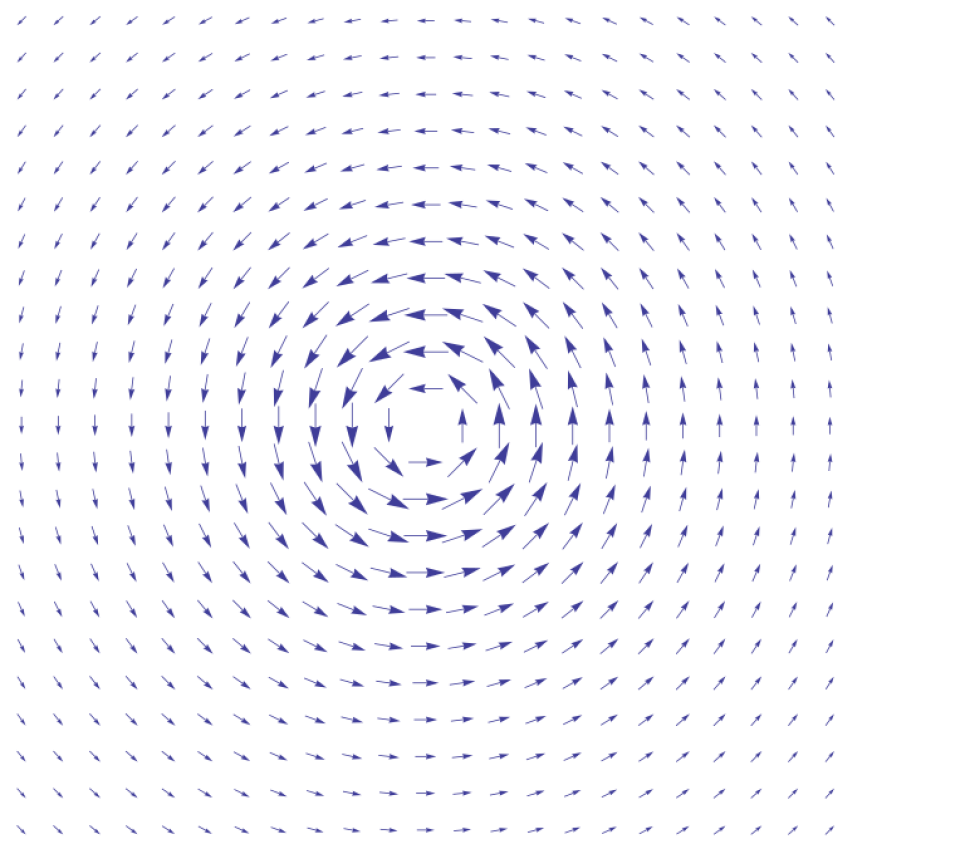
Taking FEEC Seriously and Literally
Finite Element Exterior Calculus (FEEC) is a powerful tool for analyzing all of the finite element spaces in the de Rham complex --- H^1, H(curl), H(div), L^2 --- as one. This unity is part of the public interface of popular finite element toolkits, but not as often part of the implementation.
This talk will present my experiences so far in using FEEC and other concepts, like compatible finite element systems and abstract polytopes, to define a highly configurable finite element interface in the discretization tools of PETSc, the Portable Extensible Toolkit for Scientific Computing. Those experiences include issues of software design (how to support non-conforming meshes in lattice representations of meshes) and performance (how to combine more exotic spaces with high-performance element kernel interfaces like libCEED).
Taking FEEC literally when writing finite elements code has also led to a new contribution to FEEC theory. I will show how a single method for building trace-free functions, combined with a single extension operator, can construct all of the major FEEC elements on the simplex.
Zoom Link: https://argonne.zoomgov.com/j/1603152502